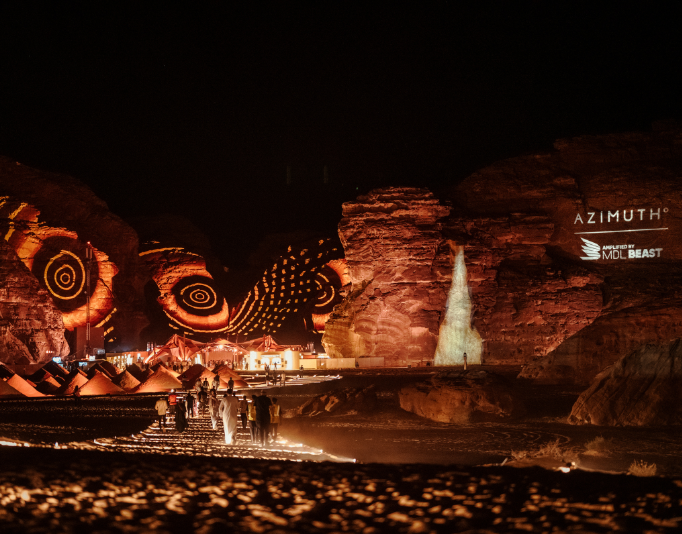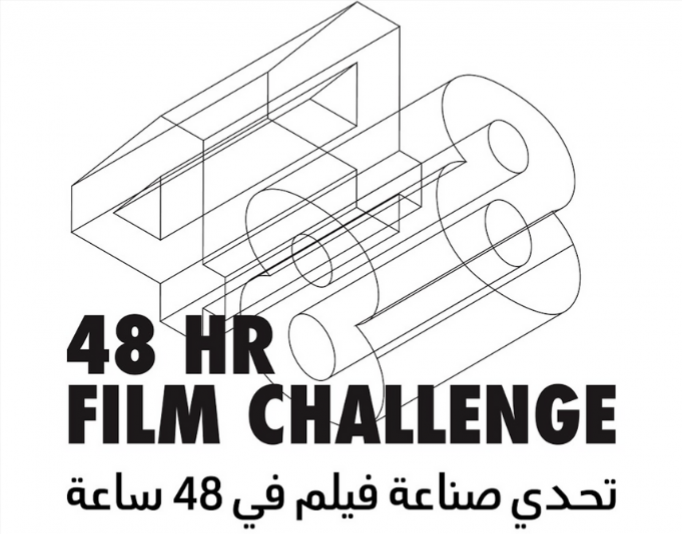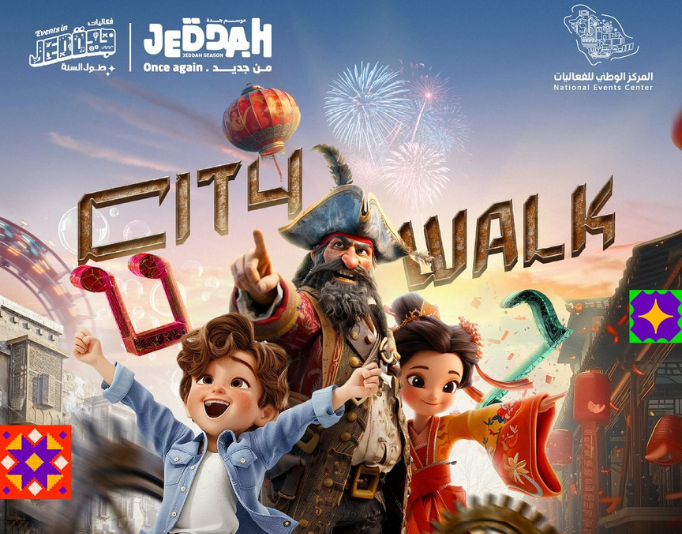As the Royal Commission for AlUla (RCU) continues to develop AlUla into a pre-eminent global tourism destination, it is the Saudi residents who will be the first visitors to experience the re-opening of one of the undiscovered wonders of the world.
In October 2020, AlUa, an open-air museum in North West of Saudi Arabia, which includes the country’s first UNESCO World Heritage Site, will officially re-open and welcome visitors.
While some attendees of AlUa’s Winter at Tantora annual arts festival have been granted access to the archaeological sites in the event’s first two years, now for the first time, AlUla’s landmarks of unprecedented historical and cultural significance and its 250,000 years of human legacy are going to be accessible for all visitors all year round. 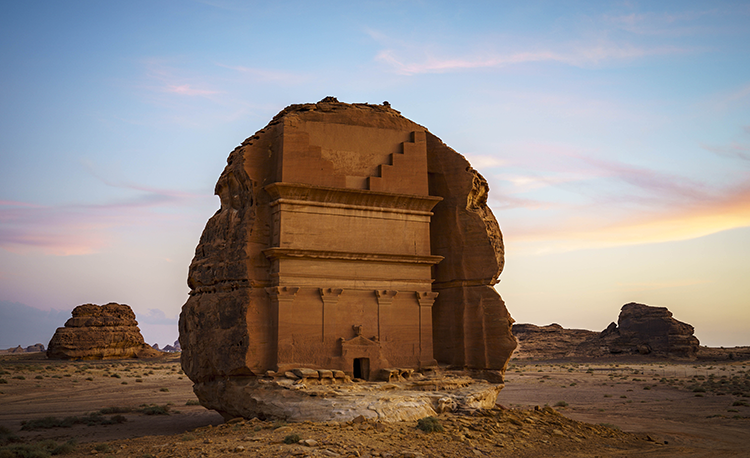
With a focus firmly on conservation and responsible tourism, since 2017 RCU has been transforming AlUla into a must-visit culture and heritage destination.
Visitors will be able to access the main heritage sites, cultural touring options, and a range of adventure experiences.
Phillip Jones, Chief Destination Officer, RCU said, “With the rebound of the travel sector undoubtedly starting close to home, KSA residents within a drive or a short flight of AlUla will get a head start on experiencing the raw, natural beauty and monumentality of landscapes in their backyard,” said Mr Jones.
Overnight visitors can choose from five accommodation providers each with its own take on desert luxury. AlUla’s accommodation stock is set to progressively increase to more than 9400 rooms by 2035. 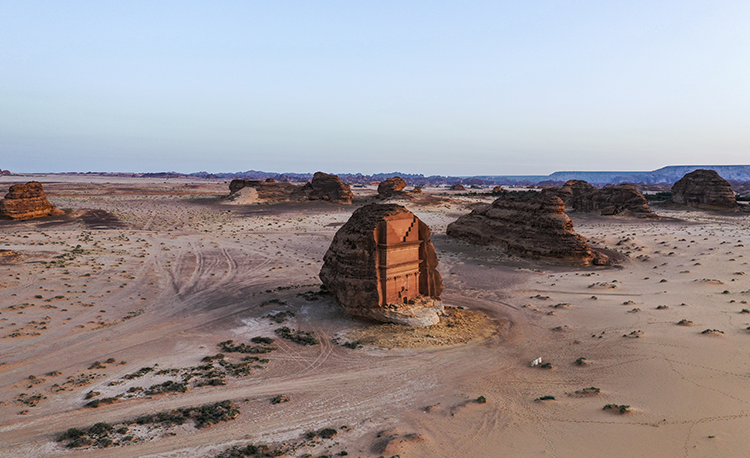
The four key heritage sites that visitors will now be able to access are, Hegra, an UNESCO World Heritage Site since 2008; Dadan, probably one of the most developed 1st millennium BCE cities of the Arabian Peninsula; Jabal Ikmah, often referred to as the ‘Lihyanite library’, offering insights to ancient beliefs, rituals and practices of every-day life; and Old Town, the ancient walled city of AlUla which has been at the crossroad of civilizations from the twelfth century CE.
AlUla’s immersive experiences will however extend beyond the heritage sites.
Walks, treks, and trails will be available both guided by the local Rawi (Arabic storyteller) or self-guided for visitors who want to delve deeper into the stories and customs of the region.
“We are developing immersive, light-touch experiences that harness the power and silence of the landscapes, experiences like guided stargazing in a desert night sky that has inspired science, religion, philosophy, art and literature for millennia.” 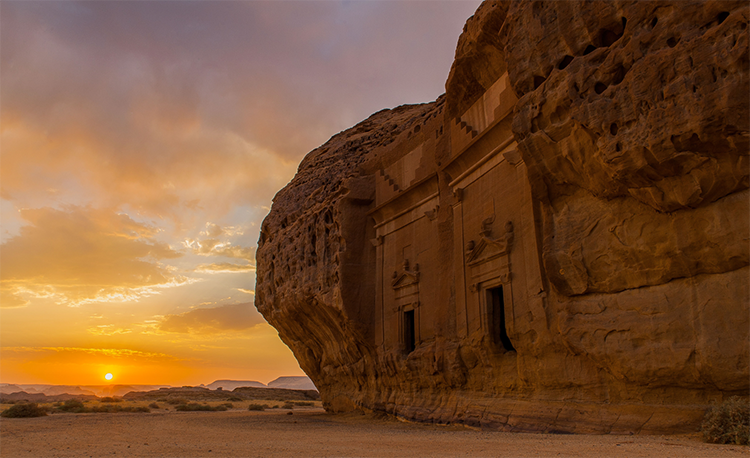
Adventure tourists will also be catered for, whether it’s tearing around the sandscapes in a desert buggy, or taking to the skies in a vintage light air-craft to see volcanic craters and key hole tombs in the lava fields of Harrat Khaybar.
For families, Hijrat Noura, or Princess Noura Farm, located close to Hegra offers a chance to get up close and personal with the local flora and fauna.
Winter Park, an experience developed for the Winter at Tantora festival will also make a come-back as a more permanent attraction offering a casual open-air atmosphere for food trucks and art installations. 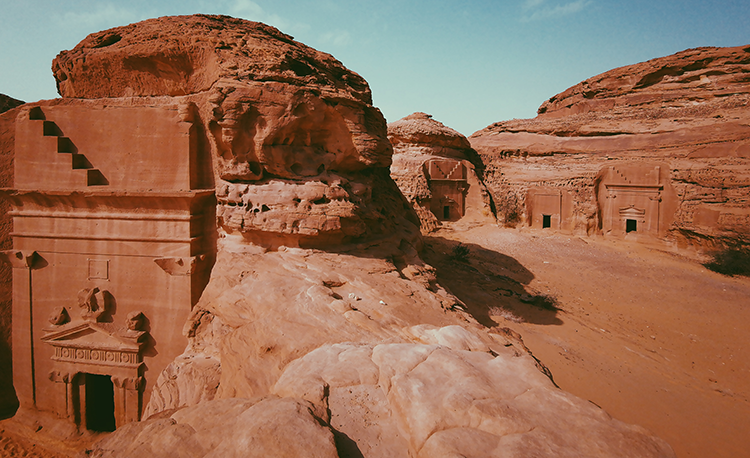
After a day of sightseeing, visitors can stroll through the cool and sheltered oasis – a green canopy of palm grove where the air is perfumed with the scent of dates, orange, and mint grown nearby.
Dining options include local restaurants, many featuring produce sourced from nearby farms.
For the business tourism market, Maraya, a wonder of the architectural world, is a multi-use 500 seat events venue that is covered in 10,000 square meters of mirrors, reflecting the surrounding landscape. Maraya is scheduled to re-open in December 2020.
“A visit to AlUla is a transformative experience to all who have visited. Its vast open spaces, its secrets of civilizations gone by and the pure wonder of its landmarks – both old and new,” said Mr. Jones.







